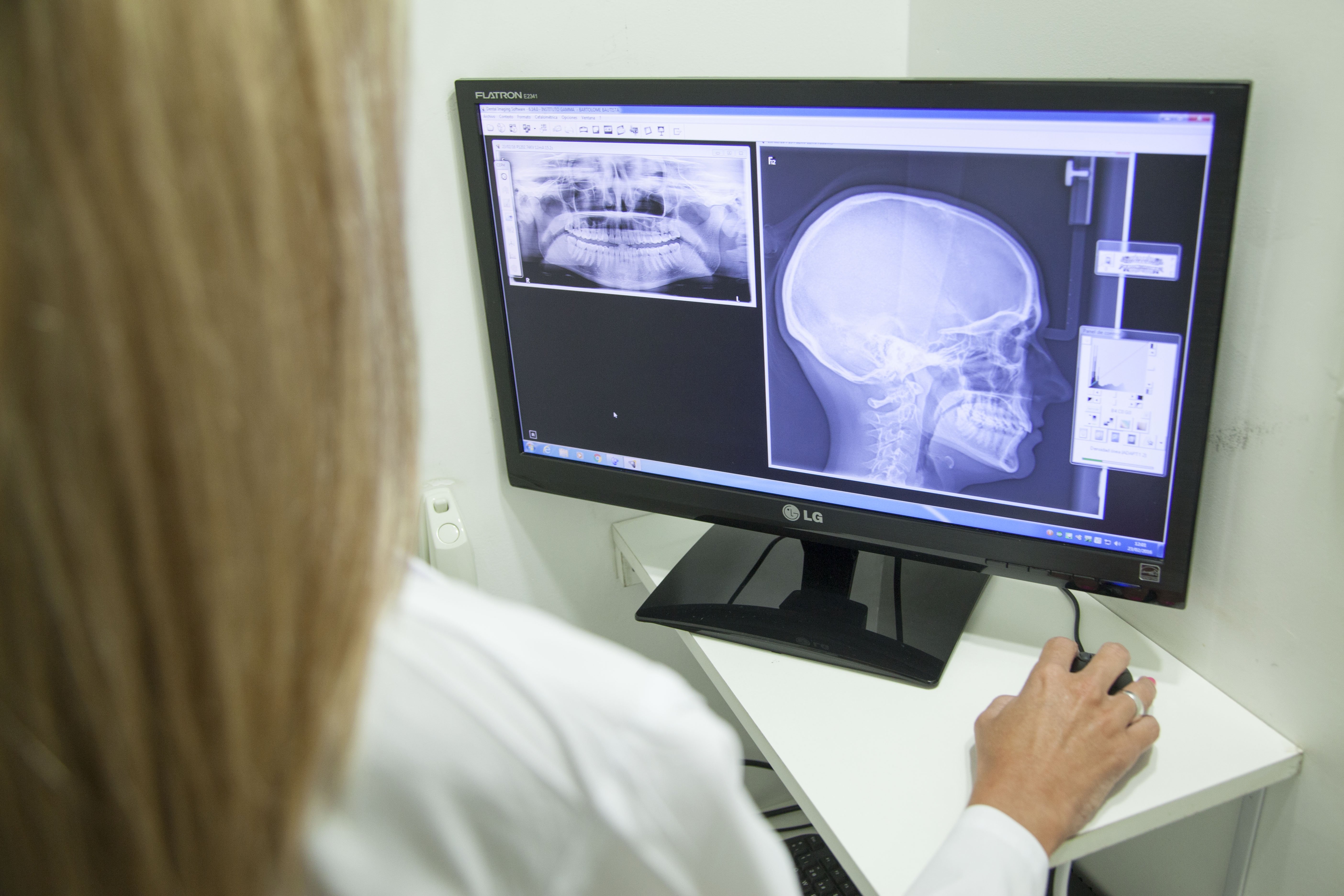Our faces contain a network of joints, bones, muscles, and nerves that allow us to do everything from wiggle our nose to chew. One of the most complex facial structures is the jaw, which is responsible for all mouth movement. The near-constant use of the jaw means that its painful malfunctioning is a serious problem for many people’s everyday lives.
Temporomandibular/orofacial pain disorders (TMD) is a group of painful conditions characterized by unremitting jaw pain. According to the National Institute of Dental and Craniofacial Research, 5% to 12% of all people suffer from some form of TMD. Multiple factors influence the development of these disorders including genetics, arthritis, or having a habit of grinding or clenching the jaw.
UConn Health professor of behavioral sciences and community health Mark Litt, recently received a $3.5 million grant from the National Institute of Dental and Craniofacial Research to develop individualized treatments for TMD.
David Shafer, chair of the Division of Oral and Maxillofacial Surgery at the UConn Health School of Dental Medicine, Liansheng Song, associate clinical professor of oral and maxillofacial surgery, Seema Kurup, assistant professor of oral medicine, and Howard Tennen, professor of public health sciences, are co-investigators on this project.
Studies have found an association between TMD and maladaptive beliefs, stress, and anxiety. Psychosocial treatments focus on developing healthy strategies to manage pain and stress in conjunction with physical therapies. While several psychosocial treatments for TMD exist, their effectiveness has been limited and researchers have yet to understand how exactly they affect these disorders.
The experimental individualized treatment in this research project will use a smartphone app to gather data on patients’ pain, momentary cognitions, affects, and coping behaviors multiple times a day for two weeks before treatment.
Therapists will use this baseline data to develop individual analyses that will guide their determinations of which thoughts, feelings, and actions are effective for each patient to manage their pain. The therapists and patients will work together to develop adaptive coping tactics that address each patient’s specific needs for long-term treatment success.
“The study will be able to tailor treatment based on patient experiences measured in near real time at pain episodes. It will allow for adaptation of treatment as it progresses and will measure the impact on outcomes of coping changes over the long-term,” Litt says. “The results will shed light on active mechanisms of treatment for TMD and may have implications for the management of other chronic pain conditions.”
The data collected before, during, and after treatment will provide researchers with very precise measurements of cognitions, affects, and coping skills in patients’ daily lives. This project will also create a picture of how these factors change over time.
This cognitive therapy will be combined with standard splint-based treatments that address TMD’s physical effects. Results from this project will also help the researchers better understand cognitive mechanisms of pain treatment that can be used to address other chronic pain problems.
Mark Litt holds a Ph.D. in clinical psychology and behavioral medicine from Yale University. He completed his postdoctoral work at UConn Health in alcohol research. Litt’s research focuses on the cognitive, behavioral, and affective processes that lead to changes in behavior in the areas of substance abuse, chronic pain, anxiety control, and other health behaviors.
This grant is NIH No.: 1U01DE028520



